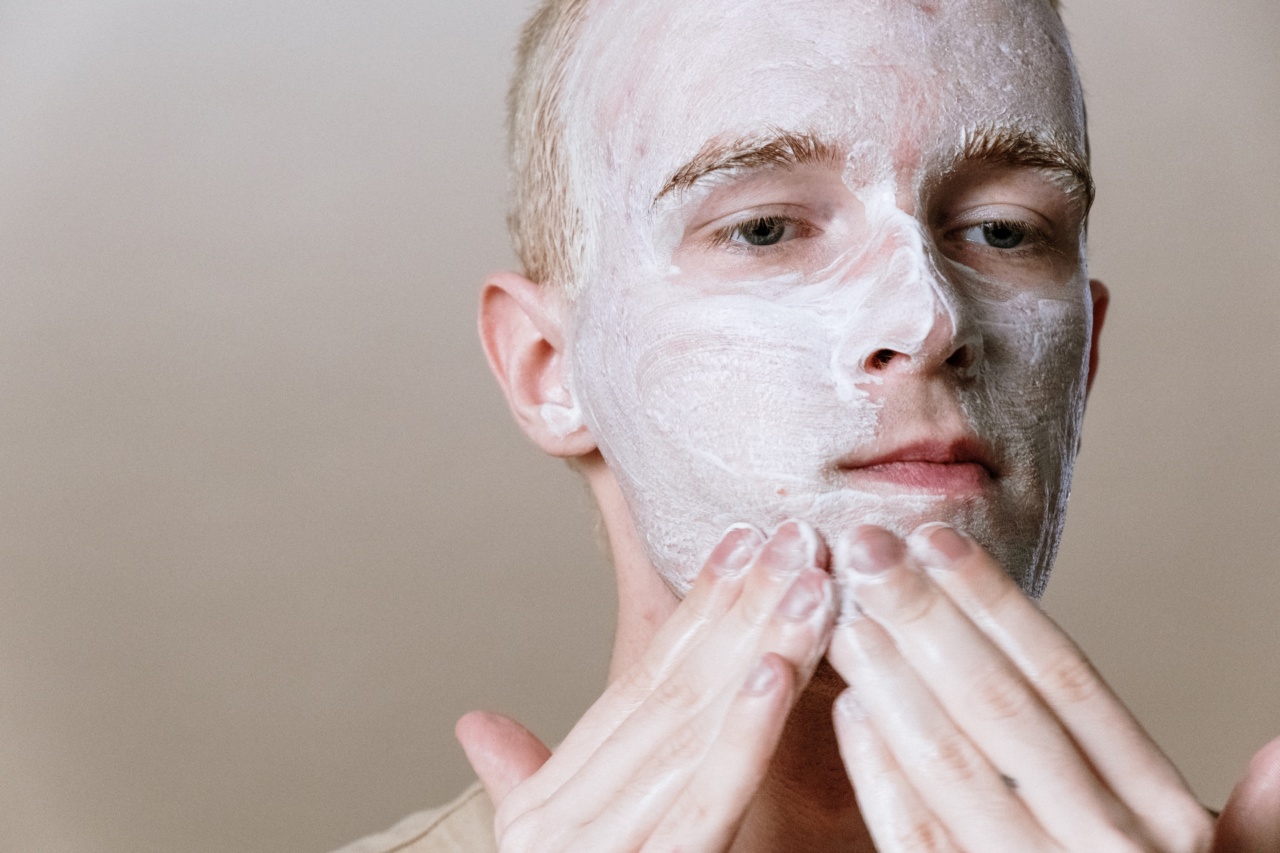Acne is a common skin condition that affects millions of people worldwide. It is characterized by the appearance of pimples, blackheads, and whiteheads on various parts of the body, especially the face, neck, chest, and back.
Acne can be quite distressing, not only because of its physical appearance but also because it can cause emotional and psychological distress. Many individuals with acne feel self-conscious, embarrassed, and anxious about their skin, leading to a significant impact on their overall well-being.
The Causes of Acne
Acne occurs when the hair follicles become clogged with oil, dead skin cells, and bacteria. While the exact cause of acne is not fully understood, several factors contribute to its development.
Hormonal changes, particularly during puberty, can trigger an increase in oil production, leading to the development of acne. Genetic predisposition also plays a role as individuals with a family history of acne are more likely to experience it themselves. Other factors such as stress, certain medications, and an unhealthy diet can exacerbate acne symptoms.
The Impact of Acne on Mental Health
Living with acne can take a toll on a person’s mental health. The visible nature of acne can lead to feelings of embarrassment, shame, and low self-esteem.
Many individuals with acne avoid social situations, experience difficulties forming relationships, and may even develop symptoms of anxiety and depression. It’s essential to address the emotional and psychological impact of acne alongside its physical symptoms in order to promote holistic well-being.
Tips for Managing and Preventing Acne
While there is no one-size-fits-all solution for acne, there are several steps you can take to manage and prevent acne breakouts:.
1. Follow a Consistent Skincare Routine
Establishing a daily skincare routine can help keep your skin clean and free from excess oil and dead skin cells.
This routine should include gentle cleansers, non-comedogenic moisturizers, and products containing ingredients like benzoyl peroxide or salicylic acid to target acne-causing bacteria.
2. Avoid Touching Your Face
Touching your face, especially with unwashed hands, can transfer bacteria and oils onto your skin, leading to clogged pores and breakouts. Make a conscious effort to avoid touching your face throughout the day.
3. Maintain a Healthy Diet
The relationship between diet and acne remains somewhat controversial, but several studies suggest that a diet high in refined carbohydrates, sugar, and unhealthy fats may contribute to acne development.
Opt for a balanced diet rich in fruits, vegetables, lean proteins, and whole grains.
4. Manage Stress Levels
Chronic stress can worsen acne symptoms by triggering hormonal imbalances and inflammation within the body. Find healthy outlets to manage stress, such as regular exercise, meditation, or engaging in hobbies you enjoy.
5. Avoid Harsh Cleansing Techniques
Scrubbing your skin vigorously and using harsh cleansers can cause irritation and strip away the natural oils that your skin needs to stay moisturized and healthy. Opt for gentle cleansers and be mindful of your cleansing techniques.
6. Consider Over-the-Counter Products
Many over-the-counter acne treatments contain active ingredients that can help reduce acne breakouts. Look for products with benzoyl peroxide, salicylic acid, or sulfur as these ingredients can effectively target acne-causing bacteria and unclog pores.
7. Seek Professional Help
If your acne persists or worsens despite your efforts, consider seeking professional help from a dermatologist. They can provide personalized advice and recommend prescription-strength medications or treatments to manage your acne effectively.
8. Be Gentle with Makeup
Choosing makeup labeled as non-comedogenic can help prevent further clogging of your pores. Be sure to remove your makeup thoroughly at the end of the day to allow your skin to breathe and renew itself.
9. Avoid Picking or Squeezing Pimples
As tempting as it may be, picking or squeezing pimples can lead to scarring and further inflammation. Allow your acne to heal naturally, and avoid manipulating your skin.
10. Practice Self-Care
Lastly, prioritize self-care and understand that acne does not define your worth or beauty. Surround yourself with a supportive network of friends and family, and engage in activities that make you feel good about yourself.































